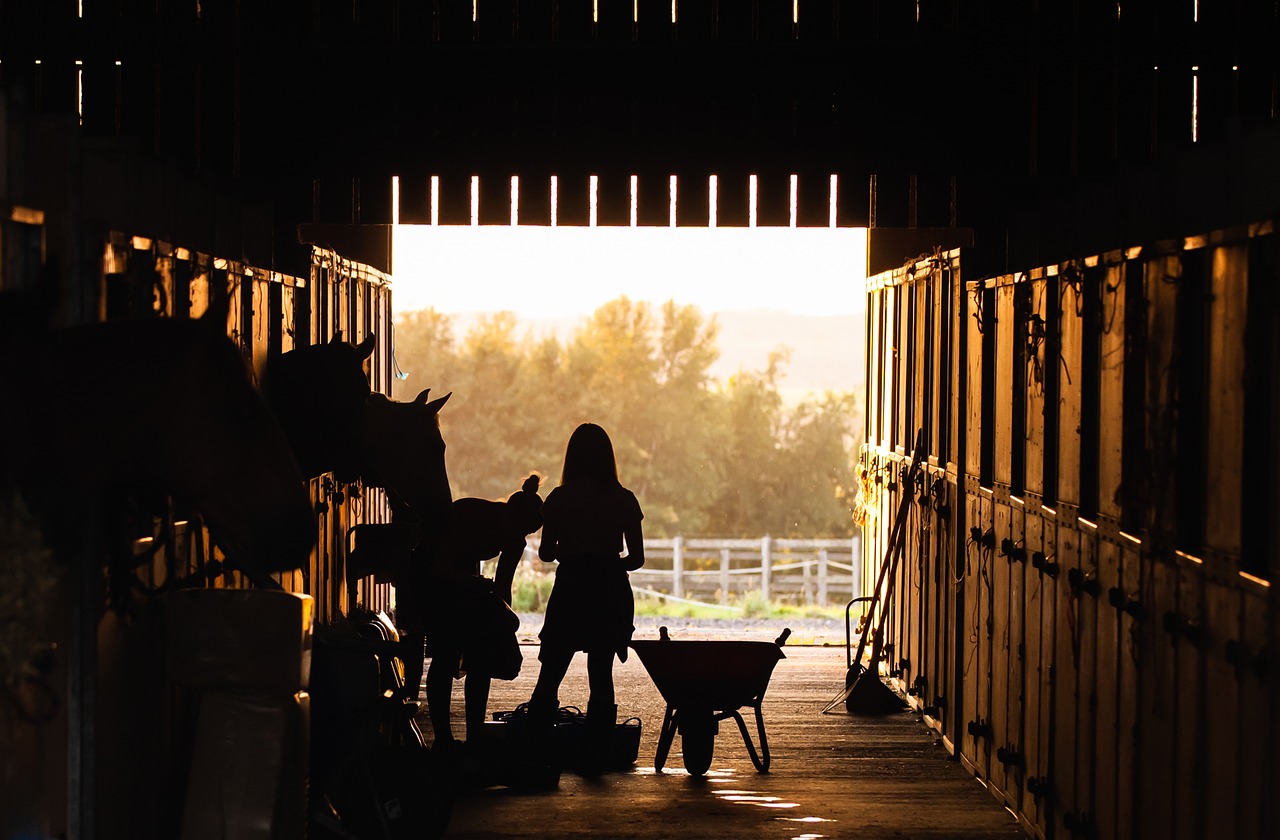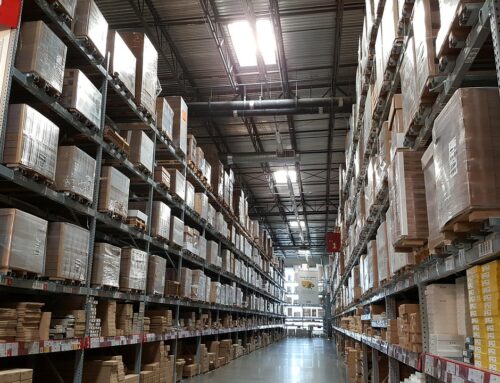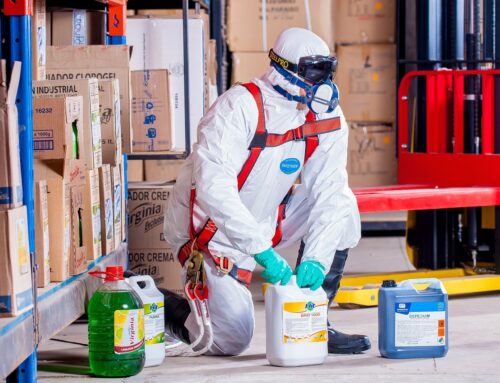Workplace injuries can happen to anyone, and Florida has compensation laws that help support Florida workers and their families after an injury. However, there are unique challenges for workers living in employer-provided housing and equally unique solutions to help them. The “Bunkhouse Rule” offers additional protections for employees whose living arrangements are tied to their jobs, and today, we will look at how this protection can play a role in your injury case.
How Does The Bunkhouse Rule Help Florida Workers?
The Bunkhouse Rule is the idea that workers’ compensation should extend to cover employees who are injured while living in employer-provided housing. For some industries, this protection isn’t needed and doesn’t make much sense. It primarily applies when an employee’s living arrangement is a necessary condition of their employment that cannot be negotiated.
The rule’s application is tied to whether the employment contract necessitates the worker to live on-site. Employees required to reside on the premises of their job in order to perform their job duties per their contract are therefore covered under the Bunkhouse Rule for injuries sustained during their time living there. Notably, coverage may extend to injuries occurring during off-duty hours because their presence on-site remains a condition of their employment.
The Bunkhouse Rule is one way that Florida workers and their families may be eligible for assistance and support even when they aren’t aware of what they are entitled to. Probinsky & Cole can review your situation and help determine whether this rule can assist in securing compensation after your Florida injury.
Florida Workers Impacted by the Bunkhouse Rule
Maintenance Workers: Maintenance workers often live on-site at apartment complexes or facilities to take care of emergencies as they occur and perform ongoing maintenance tasks on a tight schedule. During the course of this work, they often deal with injuries, such as using tools and equipment or moving and lifting heavy objects. But remember, the Bunkhouse Rule may help keep injuries outside the course of this work categorized as work-related and grant access to workers’ compensation benefits.
Farmworkers: Farmworkers are frequently provided on-site housing due to the remote location of agricultural operations and specific timelines for harvests. As they work and live, these workers might suffer injuries from farm equipment, pesticide exposure, or even unsafe conditions in the housing. The Bunkhouse Rule protects them by acknowledging the necessity of their living arrangements for their employment.
Healthcare Facility Staff: In long-term care or rehabilitation facilities, live-in staff members are a vital part of operations, and their presence close by helps protect patients during emergencies. They may face long working hours, exposure to infectious diseases, or other hazards, even off the clock.
Seasonal Hospitality Workers: Seasonal workers in the hospitality industry, such as those employed at Florida’s numerous resorts and hotels, must often stay on-site during peak seasons. Many of these workers don’t realize that the same protections offered to farmhands and healthcare workers may apply to them, as well, due to the unique way their job handles their housing.
Jobs requiring workers to live on-site have a duty to protect those workers during all hours of the day. It’s only fair since residing in that location is necessary for them to complete their job in the first place. If you or a loved one has been injured while living in workplace housing, don’t hesitate to contact the experienced workers’ compensation attorneys at Probinsky & Cole today to learn how we can help.








